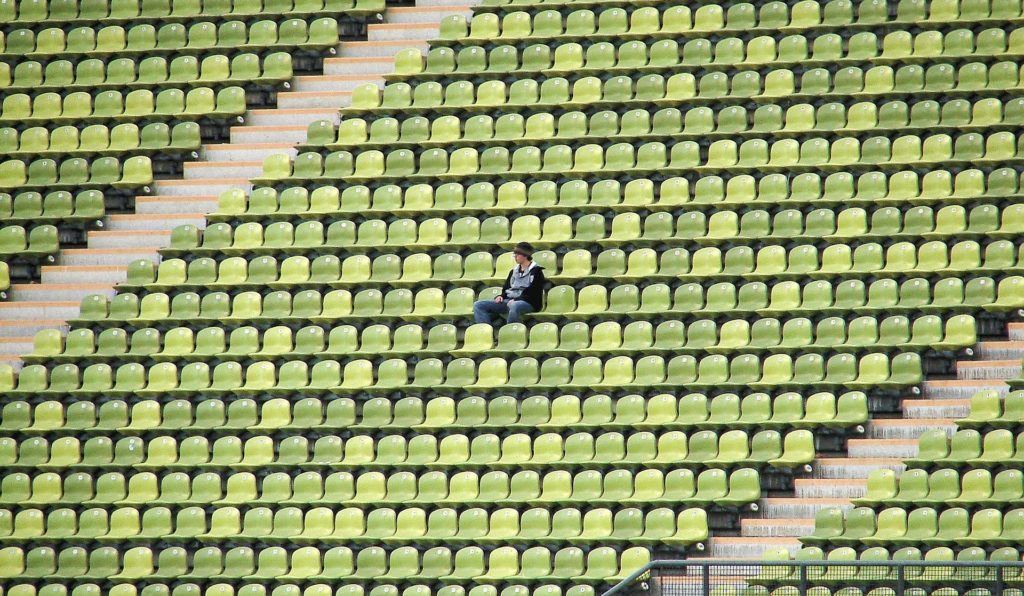Tilburg study shows: majority of Dutch not lonely because of the coronavirus
Nearly two-thirds of Dutch people did not experience loneliness in the summer of 2020 or in the months before the coronavirus outbreak. Moreover, anxiety and depressive feelings decreased among them after the coronavirus outbreak. Recent research, by CentERdata researcher Peter van der Velden and his colleagues, further shows that the first lockdown did not result in psychological problems for the majority of the population.

“We should not underestimate how resilient human beings are,” explains the former full professor of Victimology. For his research, he used data from 4,100 Dutch participants in the so-called LISS panel. They filled out questionnaires in November 2019, March 2020, and June 2020. This showed that 13 percent of the Dutch felt lonelier after the first round of coronavirus measures in March than in November 2019.
That group is not small. Van der Velden: “At the same time, there was a group that actually felt less lonely during the lockdown. And then there was a group who did not feel lonely in 2019 and for whom that did not change because of the coronavirus outbreak. The sum of all those groups together leads to an increase in loneliness, but not an increase in psychological symptoms.”
The study also provides insight into how people who struggle with mental health issues fare. Van der Velden: “It turned out that people with psychological complaints recover just as well or just as badly from these complaints after the coronavirus outbreak as they did before the coronavirus outbreak. That is remarkable, because some therapists believe that, for people with psychological symptoms, these symptoms only increase. We find no evidence for that, actually.”
Nuance
Van der Velden sees the research results as a debunking of societal talk about the consequences of the coronavirus crisis. “This research nuances what is being said. We do not see the supposed increase in psychological problems due to the lockdown, which is currently the topic of conversation, in the panel’s findings.”
“There are two sides to that story. Some of the people are worse off, we’ve seen that. But, and it’s much less talked about, another part is better off at the moment. Those are the people who experienced less stress or anxiety during the lockdown, for example, because they could actually do their work better under those circumstances, or had more peace and quiet.”
Systematic Research
Together with a team of scientists, van der Velden published the study. It is one of the first articles worldwide to show the long-term effects of the coronavirus outbreak. This is because they have data from the LISS panel from previous years. The panel is subsidized by the NWO, the Dutch science funding agency.
“There are very few countries with such a great panel, and who put out multiple questionnaires per year,” says van der Velden. “We were able to build on the November 2019 questionnaires on mental health.”
The topic of mental health in relation to the coronavirus can continue to count on Van der Velden’s interest in the coming period. “Even if mental health problems did not increase or decrease at the beginning of 2020, it is important to continue to monitor that. I am curious what the effect of the current, second lockdown will be. Maybe big differences will occur then.”






